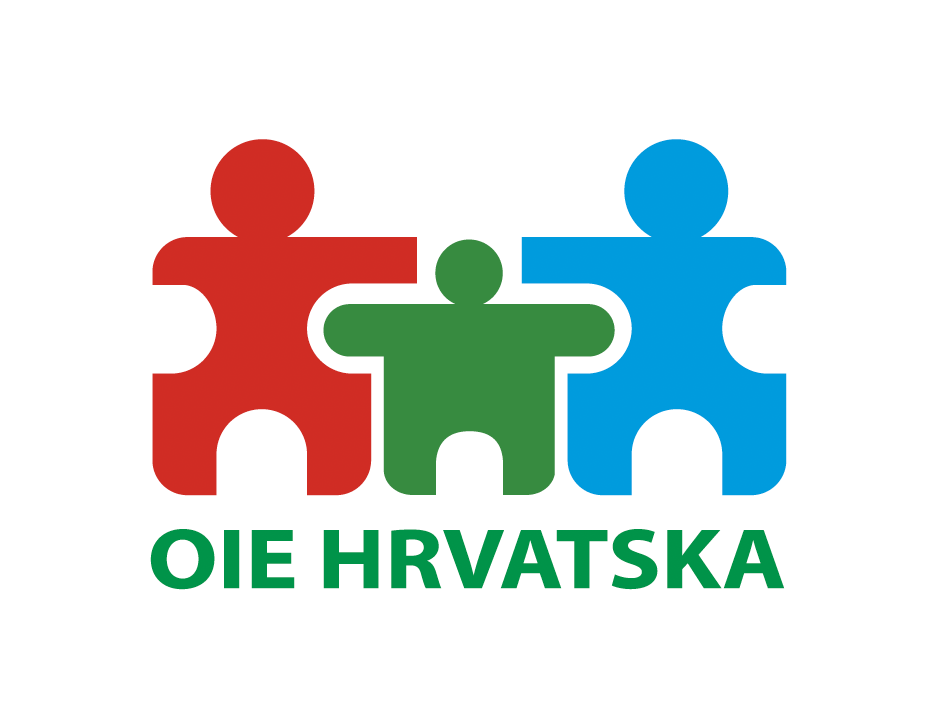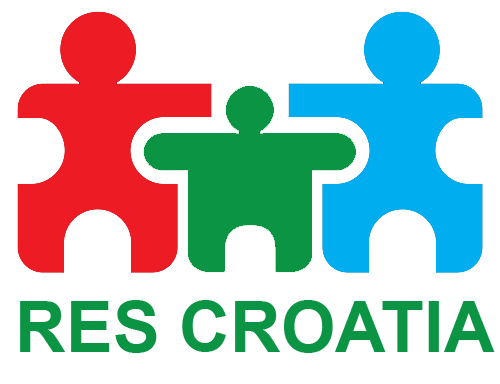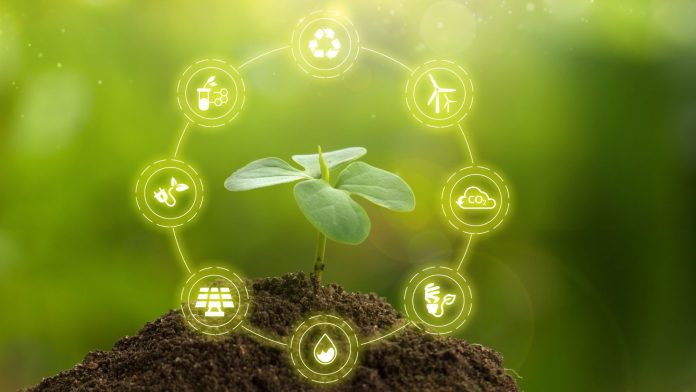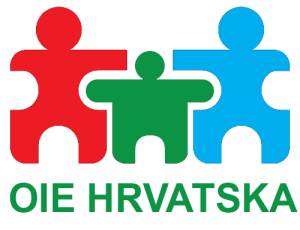Food and energy production are strategically important branches for every country. Croatia has great natural potential in both but does not use them sufficiently. Recognizing the need for their stronger development and the benefit that modern Croatian agriculture can achieve in cooperation with domestic energy production, Renewable Energy Sources of Croatia (RESC) and the Croatian Chamber of Agriculture (CCA) signed a cooperation agreement.
Agriculture is the most widely distributed activity in terms of space, and it is also a large consumer of energy and energy sources. Their production within agricultural holdings would provide farmers with a safe and profitable energy supply, thereby increasing their competitiveness. In the circumstances of the energy crisis and great competition in the agricultural market, this is a key step for economic and ecological sustainability. In many countries it is a good practice that shows excellent results, so is time for it to take root in Croatia as well.

RESC (OIEH) is an association that brings together companies producing energy from renewable sources in Croatia, as well as the rest of the RES industry: manufacturers of electrical equipment, service and support activities, developers, and consultants. Among them are the pioneers of RES projects. Since the start of the energy transition in Croatia, the bearer of these investments has been almost exclusively the private sector. RESC aims for a partnership relationship with all stakeholders of the energy transition, from the level of local communities to the EU level.
RESC is a member of the umbrella European associations SolarPower Europe, WindEurope, and the European Biogas Association. They are a partner of the European RE-Source platform and the founder of the Center for information and education about contracts for the purchase of green energy directly from producers, RE-Source Croatia Hub.
Maja Pokrovac, RESC managing director, pointed out during the signing of this cooperation: “According to the inquiries we receive from farmers every day, we see that they are familiar with the possibilities of OIE, but they want to know more.” One of the important goals of RES is to inform and educate agricultural producers about the benefits that RES can bring them, to cooperate with them, and to enable them to participate in such projects. They read about examples of good practices from abroad, but also hear from their colleagues from other countries about solar panels that protect crops from extreme weather conditions and at the same time produce energy, about excellent yields when using digestate, which is a by-product of the work of biogas plants and a valuable organic fertilizer, about own production of energy that powers systems for irrigation, heating greenhouses, cooling warehouses and other agricultural needs, but also creating additional income, about creating additional value according to the principles of the circular bio-economy… This is precisely why we are persistent in our efforts to educate and inform in the process of consulting with the department ministries, institutions, associations, and chambers. I am extremely glad that CCA also thinks in this way and that it recognized RESC as a partner in this cooperation.”
CCA (HPK) is the umbrella association of Croatian farmers and represents their interests in negotiations with the Government of the Republic of Croatia, the Ministry of Agriculture, and all other state bodies. As a member of the most influential European agricultural organization Copa-Cogeca, CCA represents the interests of Croatian agriculture in the European Union. At the national level, CCA operates through county chambers and 18 sectoral committees, and through as many as 20 sectoral working groups within Copa-Cogeca.

CCA was founded on the model of similar chambers of developed agricultural countries such as Austria, Italy, Hungary, Poland, and other countries with the aim of making the voice of farmers heard. The problems that farmers face in their daily life and business through joint action reach the competent institutions both in Croatia and the EU.
President of the Croatian Chamber of Agriculture, Mladen Jakopović, during the signing of the agreement, stated: “The Croatian Chamber of Agriculture, through cooperation with the economic association Renewable Energy Sources of Croatia, will begin education and providing information to our farmers who are increasingly aware that renewable energy sources are one of the ways to increase their income, whether by already installed energy production capacities, or planned. The new Common Agricultural Policy, which entered into force at the beginning of the year, provides enormous opportunities for increasing energy production from renewable sources, as well as opportunities for investments from other EU funds. Agriculture is a strategic branch, and the EU’s orientation towards new, green policies is a great opportunity for Croatian agriculture. We already have excellent examples in agriculture today, when it comes to the production of renewable energy sources, but we still have to work on education and expanding knowledge and opportunities for this extremely important activity.”
In many countries, cooperation between RES and agriculture is a well-known and good practice. It is a natural symbiosis that many countries apply, why not Croatia? It is necessary to look at all its benefits and start developing it. As part of the cooperation, RESC and CAA plan educational workshops, conferences, and institutional activities to share the latest scientific and professional results and examples of good practice. Croatia has enormous potential for the joint action of agricultural and energy production and should not lag behind others.










